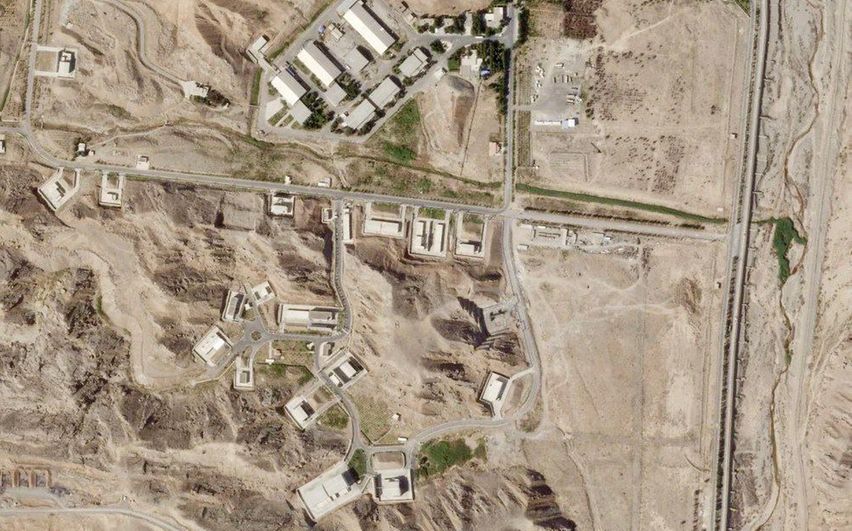The Food Corporation of India (FCI) has successfully procured 266 Lakh Metric Tonnes of wheat during the current Rabi Marketing Season (RMS) 2024-25, exceeding last year’s total of 262 LMT. This achievement ensures the nation’s food grain sufficiency, benefiting over 22 lakh Indian farmers who sold their wheat at Minimum Support Price (MSP), resulting in direct credits totaling Rs. 61 lakh crore to their bank accounts.
Normally commencing on April 1st each year, wheat procurement under RMS was advanced by about two weeks this year in most states, aiming to facilitate farmers. This accomplishment underscores the Government’s ongoing dedication to safeguarding farmers’ interests and ensuring nationwide food security.
Provisional data from various states reveals that total wheat procurement for RMS 2024-25 stands at 266 LMT, surpassing the previous seasons of 262 LMT in 2023-24 and 188 LMT in 2022-23. States like Uttar Pradesh and Rajasthan notably increased their procurement figures, with Uttar Pradesh reaching 9.31 LMT compared to 2.20 LMT last year, and Rajasthan achieving 12.06 LMT, up from 4.38 LMT previously.
The substantial wheat procurement has enabled FCI to maintain a steady supply of food grains for the Public Distribution System (PDS), meeting an annual requirement of approximately 184 LMT of wheat under various welfare schemes, including PMGKAY.
For RMS 2024-25, the Government of India set a Minimum Support Price (MSP) of Rs. 2275 per quintal for wheat, ensuring fair returns for farmers. Moreover, farmers have the option to sell their produce in the open market, fostering a competitive pricing environment and enhancing income security.
In addition to wheat, during the Kharif Marketing Season 2023-24, paddy procurement for the central pool exceeded 775 LMT, benefiting over one crore farmers with disbursements exceeding Rs. 1.74 lakh crore. This procurement has bolstered the central rice stock to over 490 LMT, including 160 LMT of rice yet to be milled. With an annual rice requirement of approximately 400 LMT and buffer norms set at 135 LMT by July 1st, the current stock levels not only meet these norms but also exceed the annual requirement.




